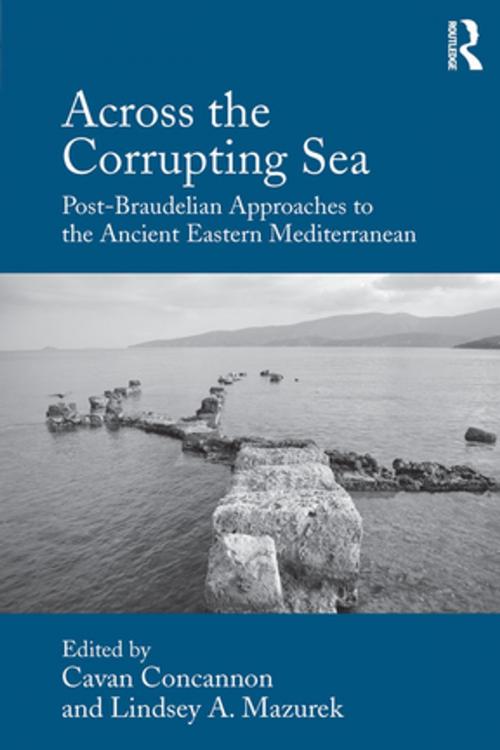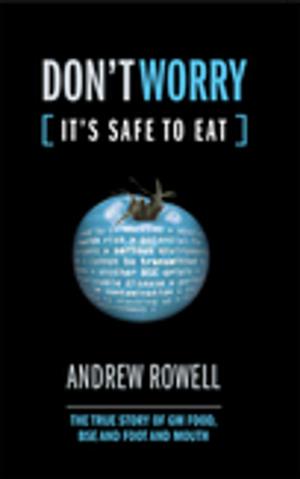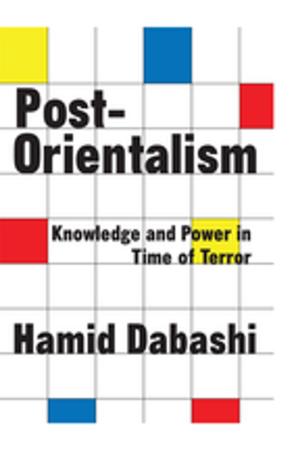Across the Corrupting Sea
Post-Braudelian Approaches to the Ancient Eastern Mediterranean
Nonfiction, History, Australia & Oceania, Ancient History| Author: | ISBN: | 9781317185796 | |
| Publisher: | Taylor and Francis | Publication: | March 17, 2016 |
| Imprint: | Routledge | Language: | English |
| Author: | |
| ISBN: | 9781317185796 |
| Publisher: | Taylor and Francis |
| Publication: | March 17, 2016 |
| Imprint: | Routledge |
| Language: | English |
Across the Corrupting Sea: Post-Braudelian Approaches to the Ancient Eastern Mediterranean reframes current discussions of the Mediterranean world by rereading the past with new methodological approaches. The work asks readers to consider how future studies might write histories of the Mediterranean, moving from the larger pan-Mediterranean approaches of The Corrupting Sea towards locally-oriented case studies. Spanning from the Archaic period to the early Middle Ages, contributors engage the pioneering studies of the Mediterranean by Fernand Braudel through the use of critical theory, GIS network analysis, and postcolonial cultural inquiries. Scholars from several time periods and disciplines rethink the Mediterranean as a geographic and cultural space shaped by human connectivity and follow the flow of ideas, ships, trade goods and pilgrims along the roads and seascapes that connected the Mediterranean across time and space. The volume thus interrogates key concepts like cabotage, seascapes, deep time, social networks, and connectivity in the light of contemporary archaeological and theoretical advances in order to create new ways of writing more diverse histories of the ancient world that bring together local contexts, literary materials, and archaeological analysis.
Across the Corrupting Sea: Post-Braudelian Approaches to the Ancient Eastern Mediterranean reframes current discussions of the Mediterranean world by rereading the past with new methodological approaches. The work asks readers to consider how future studies might write histories of the Mediterranean, moving from the larger pan-Mediterranean approaches of The Corrupting Sea towards locally-oriented case studies. Spanning from the Archaic period to the early Middle Ages, contributors engage the pioneering studies of the Mediterranean by Fernand Braudel through the use of critical theory, GIS network analysis, and postcolonial cultural inquiries. Scholars from several time periods and disciplines rethink the Mediterranean as a geographic and cultural space shaped by human connectivity and follow the flow of ideas, ships, trade goods and pilgrims along the roads and seascapes that connected the Mediterranean across time and space. The volume thus interrogates key concepts like cabotage, seascapes, deep time, social networks, and connectivity in the light of contemporary archaeological and theoretical advances in order to create new ways of writing more diverse histories of the ancient world that bring together local contexts, literary materials, and archaeological analysis.















